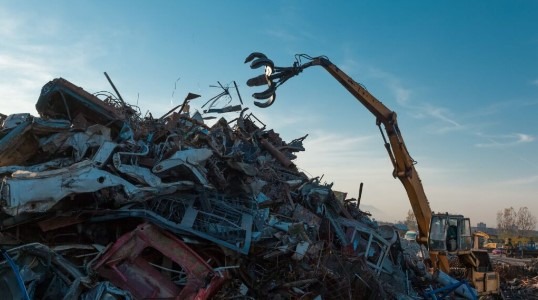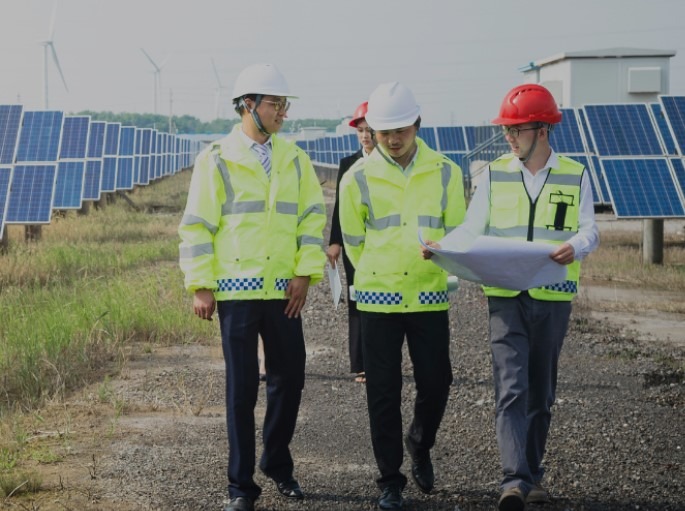Singapore, renowned for its advanced infrastructure and commitment to sustainable development, faces the challenge of managing hazardous waste effectively. As a densely populated urban center with limited land resources, the city-state must adopt innovative engineering solutions to ensure the safe disposal of hazardous waste while minimizing environmental impact. In this article, we delve into the various engineering approaches Singapore employs to address this critical issue.
Understanding Hazardous Waste

Before delving into the engineering solutions, it's crucial to comprehend what constitutes hazardous waste. Hazardous waste includes materials that pose significant risks to human health and the environment due to their chemical, biological, or physical properties. These materials range from industrial byproducts to household chemicals, necessitating specialized handling and disposal methods.
Advanced Waste Management Infrastructure
Singapore boasts a sophisticated waste management infrastructure comprising state-of-the-art facilities and stringent regulations. The country has invested heavily in incineration plants equipped with advanced pollution control technologies to safely dispose of hazardous waste. These plants not only reduce the volume of waste but also generate energy through the process of waste-to-energy conversion, contributing to Singapore's sustainable energy goals.
Innovative Treatment Technologies
In addition to incineration, Singapore utilizes innovative treatment technologies to manage hazardous waste effectively. Advanced methods such as chemical stabilization, thermal desorption, and biological treatment are employed to neutralize or transform hazardous substances into less harmful forms. These technologies not only enhance the efficiency of waste treatment but also mitigate the environmental risks associated with hazardous materials.
Strategic Land Use Planning
Given Singapore's limited land area, strategic land use planning is essential for optimizing waste management practices. The government has designated specific areas, such as offshore islands and industrial estates, for hazardous waste treatment and disposal facilities. This spatial planning approach ensures that hazardous waste management activities are conducted in controlled environments, minimizing the potential impact on residential areas and natural ecosystems.
Public Awareness and Education
Engaging the public in waste management initiatives is integral to the success of Singapore's hazardous waste disposal efforts. The government emphasizes public awareness and education campaigns to encourage responsible waste handling practices among residents and businesses. By promoting waste reduction, segregation, and proper disposal methods, Singapore aims to minimize the generation of hazardous waste and enhance overall environmental stewardship.
Collaboration with Industry Partners
Singapore collaborates closely with industry partners to develop and implement innovative engineering solutions for hazardous waste management. Public-private partnerships facilitate knowledge sharing, technology transfer, and research and development initiatives aimed at improving waste treatment technologies and operational efficiencies. Such collaborations foster a conducive environment for innovation and continuous improvement in waste management practices.
Sustainable Waste Management Practices
At the core of Singapore's approach to hazardous waste disposal lies a commitment to sustainability. The city-state prioritizes the adoption of sustainable waste management practices that balance environmental, economic, and social considerations. By integrating renewable energy generation, resource recovery, and circular economy principles into waste management strategies, Singapore aims to achieve long-term environmental sustainability and resilience.
CNC-Offshore: A Leading Engineering Firm
Among the companies contributing to engineering solutions Singapore for hazardous waste disposal is CNC-Offshore. With its expertise in offshore engineering and environmental management, CNC-Offshore plays a pivotal role in designing and implementing offshore waste treatment facilities and integrated waste management systems. Through its innovative approaches and commitment to sustainability, CNC-Offshore exemplifies the collaborative efforts driving Singapore's success in managing hazardous waste effectively.

In conclusion, engineering solutions Singapore for the disposal of hazardous waste exemplify the city-state's proactive approach to environmental management and sustainability. By leveraging advanced technologies, strategic planning, public engagement, and collaboration with industry partners, Singapore sets a precedent for effective waste management practices on a global scale. With continued innovation and commitment, Singapore remains at the forefront of sustainable development in hazardous waste disposal.





Comments